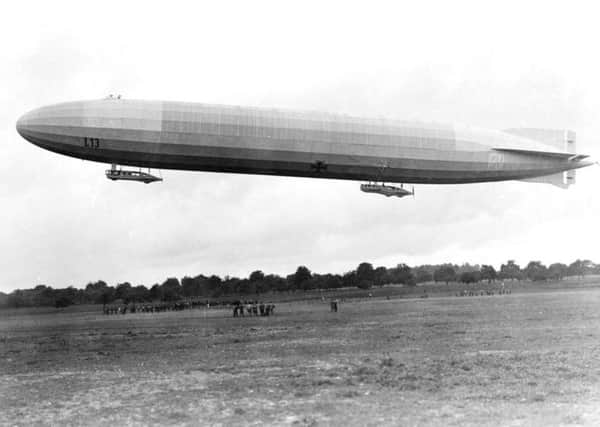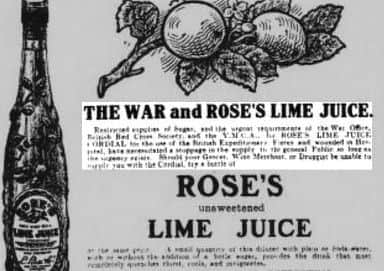Leeds nostalgia: June 1917: Germans forced to leap from burning airship which attacked English coast


The report says: “An attack was made on a coast town about half-past two but the airship was driven off by the guns and by our aviators and shortly after three, after a fight with one or two of the Royal Flying Corps machines, was brought down in flames a few miles from the coast.
“All the crew were either burnt to death or killed by jumping or falling to the ground. The fight was watched by thousands of people.”
Advertisement
Hide AdAdvertisement
Hide AdThe airship in question had raided East Anglia on June 17 and was brought down having done no damage.


However, another German airship bombed the coast of Kent, leading to the deaths of two people and 16 being injured, together with damage to houses.
Of that incident, the report notes: “The other airship... dropped six bombs on a coast town. Many houses were damaged and two persons killed and 16 injured.”
In the same edition (Monday June 18, 1917), there is also an advert for ‘Rose’s Lime Juice’, which notes: “Restricted supplies of sugar and the urgent requirements of the War Office, British Red Cross Society and the YMCA for Rose’s Lime Juice Cordial for the use of the British Expeditionary Forces and wounded in hospital, have necessitated a stoppage in the supply to the general public, so long as the urgency exists.
Advertisement
Hide AdAdvertisement
Hide AdIt goes on: “Should your grocer, wine merchant or druggist be unable to supply you with cordial, try a bottle of Rose’s unsweetened Lime Juice at the same price.”
The advert suggests adding soda water and adds: “Rose’s Lime Juice will keep you fit.”